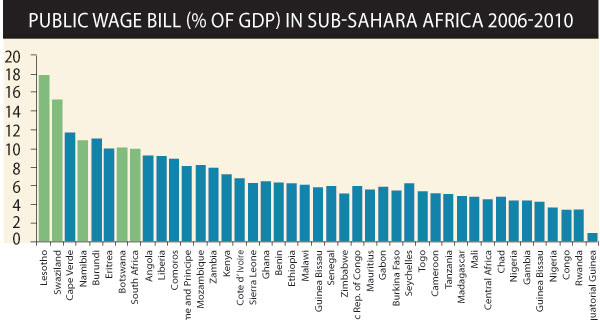×
The Standard e-Paper
Kenya’s Boldest Voice
 |
By MACHARIA KAMAU and JEVANS NYABIAGE
Tens of thousands of public service workers face the sack should the recommendations of a key parliamentary body be adopted.